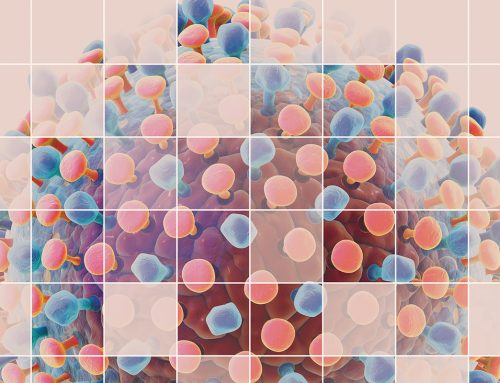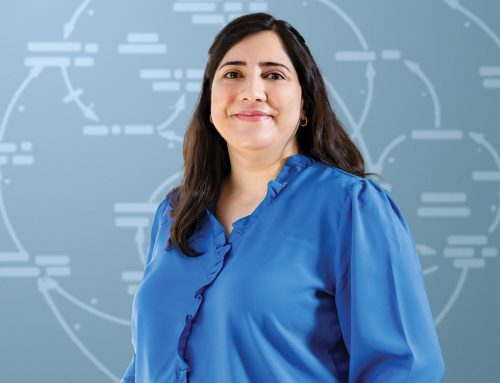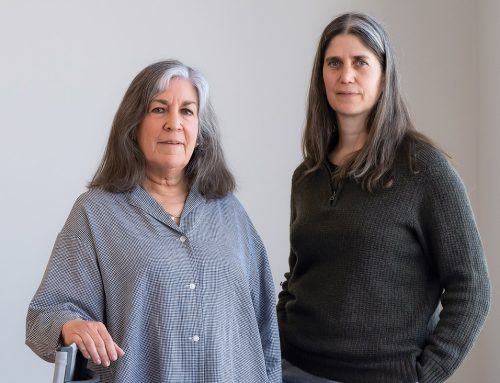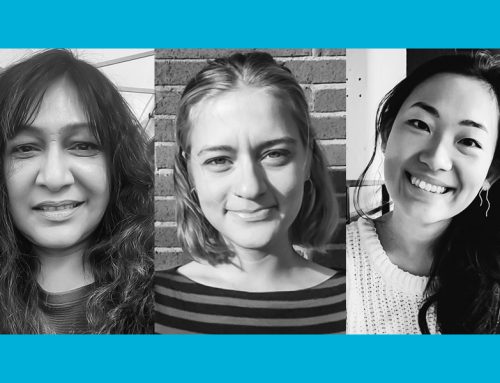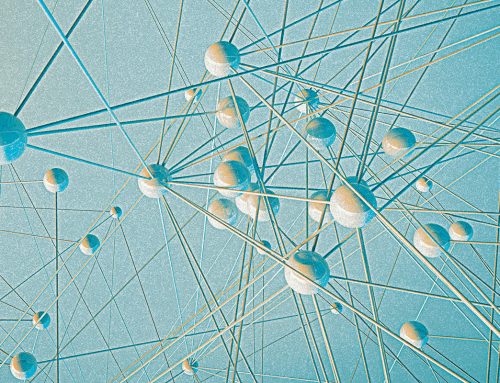
In the coming few years, an Artificial Intelligence (AI) center is poised to revolutionize nutrition by enabling the precise tailoring of dietary guidelines based on an individual’s genetics, biology, behaviors, social networks, environment and economic factors to better predict an ideal diet.
What is precision nutrition?
Precision nutrition is an emerging field that provides tailored dietary and nutritional recommendations for individuals based on their different characteristics and circumstances to prevent and treat diseases and improve overall health and well-being. Computer-aided approaches like artificial intelligence (AI) and modeling are central to achieving widespread precision nutrition as they can help to understand the complex factors and processes that affect and are affected by a person’s diet and health, including genetics, biology, social networks, economics and environment.
CUNY SPH Professor Bruce Y. Lee is at the forefront of the field, applying AI approaches to rigorous precision nutrition science. He is executive director of the AIMINGS (Artificial Intelligence, Modeling, and Informatics for Nutrition Guidance and Systems) Center, which serves as the AI center for the National Institutes of Health (NIH) Nutrition for Precision Health (NPH) Consortium. AIMINGS seeks to implement computational and data science approaches and tools to advance nutrition for precision health in a way that accounts for all the complex systems that cross multiple scales, ranging from genetics, to biology, to individual behaviors, to social connections, to the environment.
“If you think about it, historically, a lot of the nutrition recommendations or dietary guidelines have been very general,” explains Lee. “‘Everyone should be on such-and-such diet—and there’s been growing evidence that’s just not the case. Different people have different biologies. You have a different biology between different ages. Your circumstances can change what your physiology is like—the amount of exercise that you get, the type of job you have, the amount of stress that you have or where you’re living. All these things and everything around you may affect what the ideal diet for you is and how well you can follow certain dietary recommendations. So, you really have to take into consideration everything in and around you, and that’s why this precision nutrition initiative arose.”
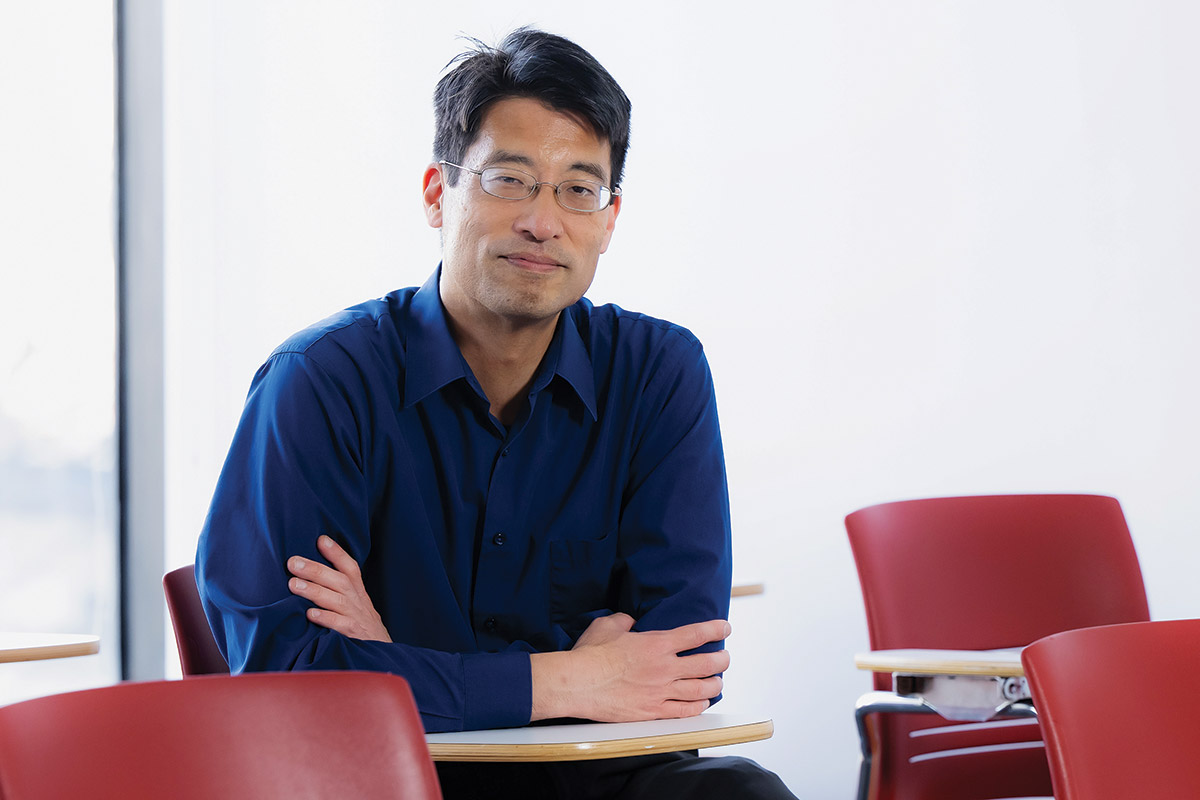
Bruce Y. Lee
A brief history of AIMINGS’S inception
In 2017 the NIH Office of Nutrition Research pulled together various experts for a roundtable to offer thoughts on potential nutrition research foci during the decade of 2020-2030. The roundtable, which included Lee, informed the NIH 2020-2030 Strategic Plan for Nutrition Research. Released in May 2020, the strategic plan emphasizes precision nutrition as an opportunity to improve scientific understanding of how individual human biology, environmental, social and behavioral factors interact to influence health, and how individuals respond to different diets.
In January of 2021, Lee was one of three co-chairs of a workshop called “Precision Nutrition: Research Gaps and Opportunities” held by the NIH to review what’s known about the complex systems affecting nutrition and health and identify the current research gaps. Shortly after the workshop, the NIH issued a request for abstracts to establish the NPH Consortium, including an AI center. Dr. Lee and his team applied for, and were awarded, the AI center grant and founded the AIMINGS center in January of 2022.
Who is AIMINGS?
Four leading institutions make up AIMINGS: CUNY SPH, the University of Southern California, the Stevens Institute of Technology, and Johns Hopkins University. The team brings a diverse set of backgrounds, including AI, machine learning and social network analysis across many disciplines in health and public health. Alongside Lee are Samantha Kleinberg, associate professor of computer science at the Stevens Institute of Technology, and Kayla de la Haye, associate professor of population and public health sciences at the University of Southern California, who leads AIMINGS’s key projects. Marie Martinez and Jessie Heneghan, both of CUNY SPH, coordinate AIMINGS’s various scientific projects and core initiatives within the center, the NPH consortium and beyond. This mind-meld of team members brings a systems approach to precision nutrition.
What is the NPH Consortium?
The underlying assumption of precision nutrition is that not everyone responds to diet in the same way. Proceeding from that assumption, the aim of the NPH Consortium is to develop models and algorithms that better predict individual responses to food and dietary patterns.
NPH is recruiting a diverse pool of 10,000 participants who are part of the NIH’s larger All of Us research program to provide data on genetics, microbiome, dietary intake, physical activity, sociodemographics and more.
The data will be collected, analyzed and stored across the NPH consortium’s 15 centers around the country. These include clinical centers where participants in the All of Us program are recruited and enrolled into the Nutrition for Precision Health study; data generation centers which perform metabolic analyses and genetic analyses of microbiome samples from the human gut; and the All of Us Biobank, which receives, processes and stores biosamples and metadata.
The AIMINGS center will then use these data to develop models and algorithms that inform personalized nutrition recommendations.
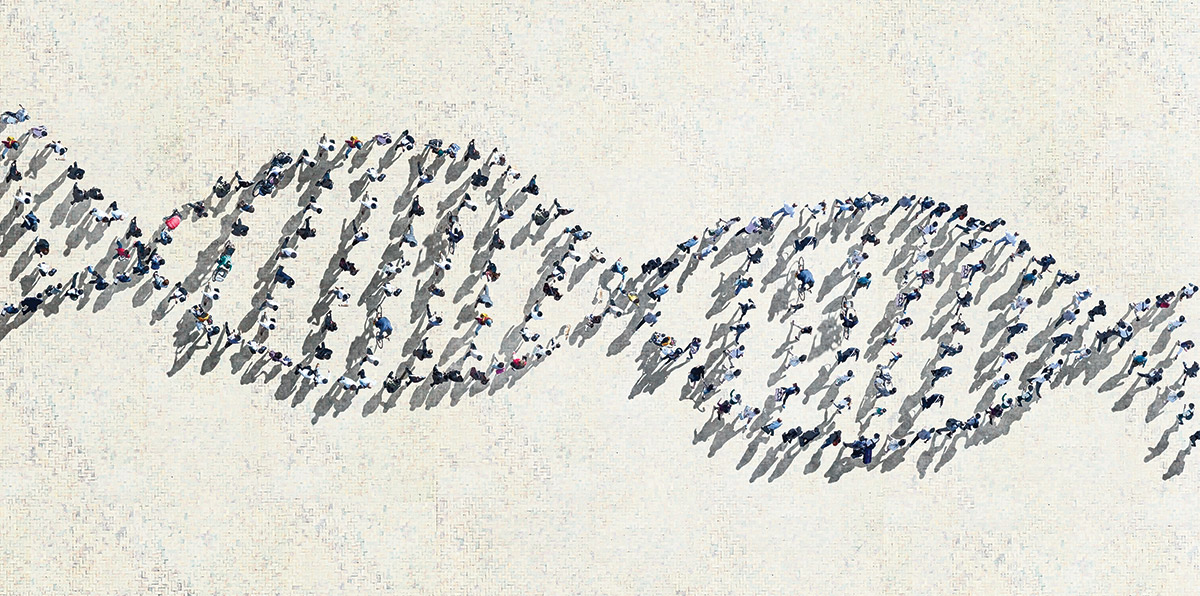
Why AI?
Twenty years from now, we may look back and remember 2023 as the year the public really started paying attention to AI. With OpenAI’s natural language chatbot ChatGPT upending universities and workplaces since the latter half of 2022, even if you lived under a rock, you’d likely have heard of AI by now. But what does “AI” really mean, and why is it necessary to improve nutrition science?
“The rationale is that if you think about nutrition, diet and health, it’s a rather complex system,” explains Lee. “It’s not as simple as say, ‘You have this characteristic; therefore, you eat this.’ You have to consider many different types of factors and whenever things are more complex like that, it’s difficult for humans unaided to understand. So, the thought is that you could use computational approaches, like AI, to really help break down the complex system of interconnected factors and relationships in a meaningful way.”
Lee notes that AI isn’t one specific technology, but rather a broad term which essentially means you get a computer to do something that a human brain would normally do.
“The term ‘AI’ can cover many different things—simple decision making or very complex decision making, or a whole range of behaviors,” he says. “That’s one of the reasons why we really have to ask, ‘What’s going into this AI algorithm?’ ”
The AIMINGS center promotes an ethos of transparency in an emerging field where obfuscation is the norm. Lee continues, “There are many companies that have been coming out with these apps that tell you, ‘Oh you should eat this.’ And many times, we don’t even know what’s behind those apps to make such recommendations that can directly impact a person’s well-being. This is why the NIH felt that we really need to advance these algorithms that are being developed in a way that everyone understands, is more transparent and clearer and upholds scientific accuracy and rigor.”
In the case of AIMINGS, the use of AI enables a systems approach to nutrition, allowing a level of analytical complexity that Lee hopes will improve people’s everyday lives and well-being in a concrete way.
“Our systems approach incorporates all these different factors and processes both within the body and outside the body,” he says. “Some of these ‘nutrition’ apps will focus on very specific biological mechanisms within the body and ignore what’s happening outside the body like accessibility, education and social networks—or sometimes the reverse is true. And we really want to look at the whole spectrum of things, both inside and outside the body.”

The future of precision nutrition
One of the potential benefits of a computeraided systems approach to nutrition science could be to provide more individualized and culturally sensitive care to people from diverse racial and ethnic backgrounds and in a variety of socioeconomic situations.
“The one-size-fits-all nutrition paradigm has failed many people,” Lee observes. “For example, if you tell someone who is living in a low-income environment, ‘You have to eat fresh organic vegetables every day!’ Well, that’s not realistic for many people. So, precision nutrition can take into account these different things to offer more appropriate and realistic recommendations.”
Additionally, by using a systems approach, the team at AIMINGS is proactively combatting biases that can often seep into simpler or more opaque algorithms. If algorithms are trained using the old categories of racialized medicine, they carry the risk of exacerbating, rather than ameliorating existing disparities. When properly used, however, they can help us move past superficial categories to dig deeper and see what’s really affecting nutrition and health.
“You don’t want to clump everyone together,” Lee says. “All women are not the same. All people of certain races and ethnicities are not the same. We don’t want to mistakenly ascribe connections to things like demographic variables because that can worsen racism and disparities. When we mistakenly attribute health issues to demographics it makes it seem like these things are baked into people’s demographics when in fact it’s something else that’s happening. There has to be a real focus on the mechanisms that link dietary intake and nutrition and health, on really understanding what those mechanisms are and then the factors that affect them.”
Precision nutrition embarks to revolutionize the way we approach food and health. In the coming years, this emerging field will become more mainstream and accessible as the costs of genetic testing and data analysis continue to decrease. The cutting-edge work being done today at the AIMINGS center sets the groundwork for a near future wherein technological advances and the increasing availability of personalized health data will enable healthcare professionals to provide patients with individually tailored dietary guidance, leading to more effective disease prevention and management and broad improvements in health outcomes and overall well-being.

